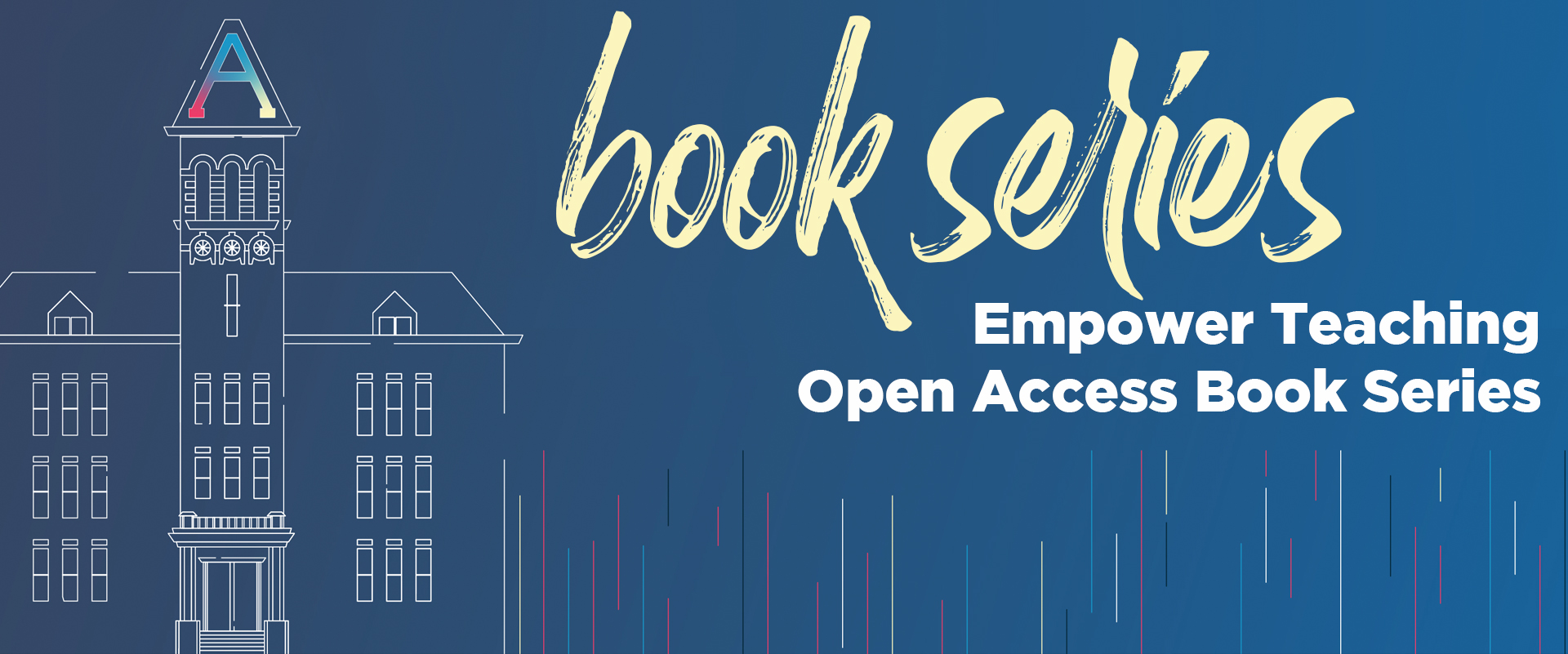Document Type
Chapter
Journal/Book Title/Conference
Making Connections: A Handbook for Effective Formal Mentoring Programs in Academia
Editor
David Law & Nora Domínguez
Publisher
Utah State University
Publication Date
5-15-2023
First Page
84
Last Page
100
Creative Commons License

This work is licensed under a Creative Commons Attribution-Noncommercial-No Derivative Works 4.0 License.
Abstract
In this chapter, we review the characteristics of mentoring that distinguish so-called formal from informal mentoring opportunities. Through this discussion, we provide a broad view of what could be formalized and how to distinguish these opportunities. We then turn to a discussion of the observed and anticipated benefits of formalized mentoring (and some benefits of mentoring broadly) and provide an argument for why mentoring, with all its recognized importance and impact at multiple levels, should not be left to chance. By formalizing mentoring opportunities and practices, to varying and customizable degrees, programs and institutions stand to distribute the benefits of such relationships more equitably and more effectively among their members and guard against the recognized risks of mentorship gone wrong. The benefits are clear to both mentees and mentors within formalized mentoring frameworks.
Recommended Citation
Arocho, Rachel and Johnson, Benjamin A., "Chapter 4- Formal Mentoring Programs: Characteristics, Benefits, and Outcomes" (2023). Making Connections. Paper 6.
https://digitalcommons.usu.edu/makingconnections/6


